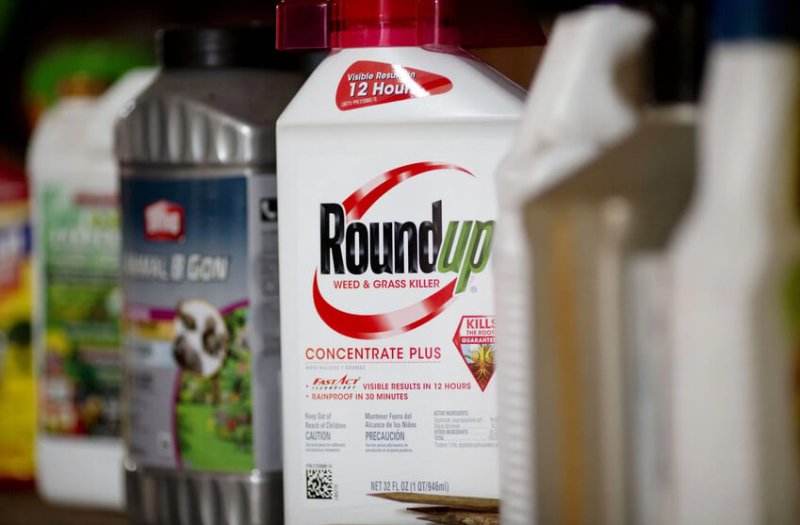When I saw that Dr. Stephanie Seneff, a … professor at MIT, wrote an article entitled Connecting the Dots: Glyphosate and COVID-19 I knew this was going to be fun. And the fact the article was on a blog page hosted by Jennifer Margulis, an alternative medicine aficionado, who hates chemicals because they’re not natural, made me drool (a little more than usual) ….
…
Dr. Seneff is uniquely unqualified to be writing about medicine, chemistry, or toxicology. She is not an M.D.; far from it. Senneff’s advanced degrees include M.S. and E.E. degrees in Electrical Engineering, and Ph.D. in Electrical Engineering and Computer Science. Her position is Senior Research Scientist at the Computer Science and Artificial Intelligence Laboratory at MIT….
…
“Connecting the Dots: Glyphosate and COVID-19” is a 5925-word masterpiece consisting of embarrassingly terrible science, paranoid conspiracy theories, and some really good yuks. Let’s get started with Margulis’ introduction:
“Are glyphosate and COVID-19 connected”
Yes, they are. They both contain the letter “O.”
“Glyphosate, one of the most toxic chemicals in the world…” (Margulis)
This is just a teensy bit inaccurate. Glyphosate is one of the least toxic chemicals you’ll ever come across. I’ll even supply some data, you know, that stuff that scientists are supposed to use, to back this up (Table 1).

…
Stephanie Seneff (SS): Robert and Elizabeth Mar were a couple who lived in Seattle… tragically, they both succumbed to COVID-19 and died within two days of each other… but perhaps a more significant factor was the fact that [the restaurant they owned was located just a few blocks from Interstate 5, an 8-lane highway where trucks, buses, and cars passed by all day long, spewing out toxic exhaust fumes.
…
SS: “My hypothesis is that the biofuel industry is inadvertently introducing glyphosate into fuels that power our cars, trucks, buses, airplanes, and ships”
Her hypothesis is not accompanied by one single piece of data. None. Just speculation.
…
SS: “Carbon emissions have become a focal issue in the fight to reverse climate change. One promising approach has been to convert waste biomass into oil-based fuels to augment diesel fuel…waste vegetable oils, such as olive oil…woody biomass..and the stalks of corn and wheat post-harvest into biodiesel fuel…All of these sources can be expected to be contaminated with glyphosate.”
Once again, no data. No measurement of any fuel, no nothing. Pure speculation. How much biofuel is used in the US? Has anyone ever measured the amount glyphosate in the biofuel that may or may not be used? Just a crazy assumption.































